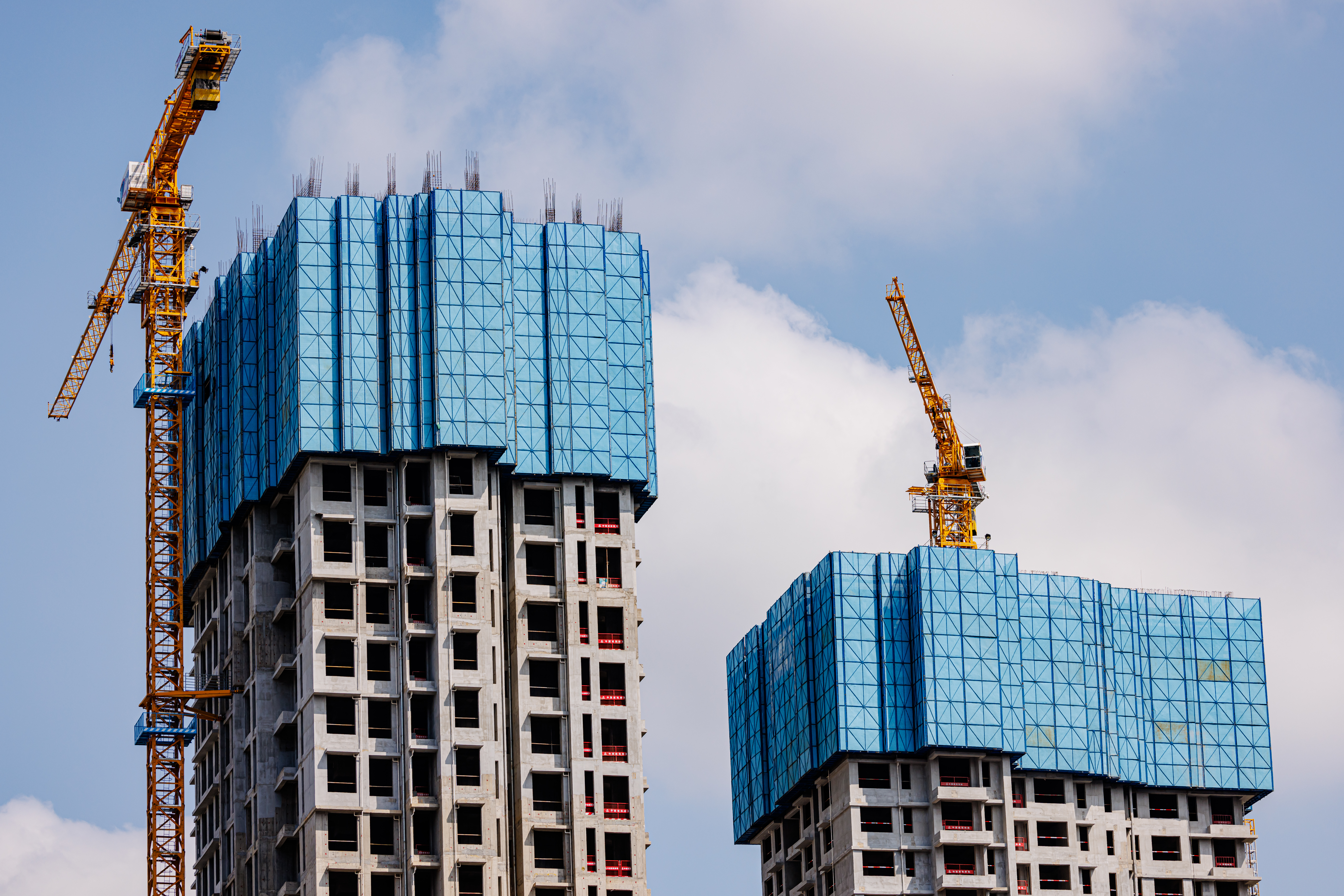
Evergrande’s shares were officially removed from the Hong Kong stock market on Monday, closing the chapter on what was once China’s most valuable property developer. The company, once worth more than $50 billion, collapsed under a mountain of debt that made it the world’s most indebted property firm.
Experts say the delisting was inevitable. “Once delisted, there is no coming back,” said Dan Wang, China director at Eurasia Group.
Rise and Collapse
Founded by Hui Ka Yan, who rose from rural poverty to become Asia’s richest man in 2017, Evergrande was once hailed as a symbol of China’s economic miracle. At its peak, it ran more than 1,300 projects across 280 cities, owned an electric vehicle company, and controlled Guangzhou FC, once China’s top football club.
But Evergrande was built on $300 billion in borrowed money. Beijing’s 2020 rules to curb risky borrowing cut off its cash flow, forcing the firm to slash prices and eventually default on overseas debt. In January 2024, Hong Kong’s High Court ordered its liquidation after it failed to produce a viable restructuring plan. By then, its market value had fallen by over 99%.
Evergrande’s collapse triggered ripple effects across China’s economy. Property once accounted for nearly one-third of GDP, supporting jobs, consumer wealth, and local government finances. Falling housing prices — down 30% or more in many regions — eroded household savings and curbed consumer spending.
Analysts say the real estate slump has been the single biggest drag on growth, compounding the impact of tariffs, high local government debt, weak spending, and an ageing population. Despite Beijing’s stimulus measures, growth has slowed to around 5%, far below past double-digit expansions.
A Wider Crisis
Evergrande is not alone. Country Garden is still struggling to restructure $14 billion in debt, while China South City Holdings was recently ordered into liquidation. Goldman Sachs expects property prices to keep falling until at least 2027.
Beijing has signaled it won’t bail out major developers, choosing instead to redirect support toward industries like renewable energy, EVs, and robotics. As Wang puts it, “China is in a deep transition to a new age of development.”
Author’s Opinion
Evergrande’s fall is more than just a corporate failure — it’s a turning point for China’s growth model. The property boom that fueled decades of expansion has ended, and with it, a key source of household wealth. Beijing’s reluctance to bail out developers shows it is prioritizing long-term industrial transformation over short-term economic relief. But until wages and consumption rise enough to replace property as the main driver, ordinary families will feel the pain of this shift.
Featured image credit: Wikimedia Commons
For more stories like it, click the +Follow button at the top of this page to follow us.
